Learn English in a Month
Martin H. Manser and Robert F. Hicks 2015
ISBN: 978-1-6822267-7-3
Visit the authors website:
www.martinmanser.co.uk
The explanations of grammatical terms are based on those in my English Grammar Upgrade series published by Athens Education, an imprint of The Commercial Press (H.K.) Limited.
Front cover design by John Zealey
CONTENTS
1 Welcome
Welcome to Learn English in a Month. In this book, you will get to know the basics of English. The book mainly describes the English used in the United Kingdom (UK). You will also learn about everyday life in the UK.
Alphabet
Capital letters: ABCDEFGHIJKLMNOPQRSTUVWXYZ
Lower-case (small letters): abcdefghijklmnopqrstuvwxyz
The alphabet is useful in knowing where to find names or words in such lists as dictionaries or the index of books.
We usually write in lower-case (small) letters. We use capital letters for:
the first word of a sentence: Are you busy?
to begin the name of a country, person, organisation, day or month: Italy, Poland, Harry, Patel, the British Broadcasting Corporation, Thursday, January.
the word I we always write this using a capital letter.
Greetings: when meeting people
Saying hello to friends or people you already know
Hello
Hi (informal)
All right?
Morning (used when you see someone at the beginning of the day, for example when you start work).
Saying hello when we want to be very polite, for example in a business situation
Good morning (up to 12 noon)
Good afternoon (after 12 noon and before 6 p.m.)
Good evening (after 6 p.m.)
We only use Good night when we are saying goodbye to someone at the end of the evening, not to say hello during the evening.
Saying hello when you are introducing yourself
Hello, Im Harry. Im Steves brother.
Hello, my names Sarah. Whats your name?
Ways of introducing people to each other
Sarah, do you know Jenny? Jenny, this is our friend Sarah.
Harry, I dont think youve met Jason.
Can I introduce you to Emma Jones?
When people are introduced in formal circumstances, the traditional response is for each person to say How do you do. Note that How do you do is not really a question and does not mean how are you? The response to How do you do is simply How do you do, accompanied by shaking of each others hands.
Other less formal responses when people are introduced are:
Nice to meet you
Pleased to meet you
Glad to meet you
Older people shake hands; younger people tend not to.
Asking about someones health, etc.
When we meet people we know, it is polite to ask about their health or their life generally:
How are you?
How are you doing?
How you doing? (informal)
Hows it going?
How are things?
Informal answers
Fine, thanks
Good
OK
Not bad
All right. Not too bad.
Cant complain. Mustnt grumble.
Formal answers
Fine, thank you
Very well, thank you
Note that this question and answer exchange is not always completely honest. For example, even if you are not feeling very well, you would probably still answer the question How are you? with Fine, thanks. You would probably only be completely truthful to a close friend: Well actually, Im not feeling very well.
Asking about the other person
Note that after saying Fine, thanks, or Fine, thank you, we usually respond to this kind of question by asking, And how are you?, What/how about you? or And you?
Articles
The is called the definite article. It is used to refer to a particular pen or apple, for example: the pen, the apple.
A and an are called the indefinite articles. They are used to refer to one of several people or things:
An is used before a vowel sound (a, e, i, o or u): an apple, an orange.
A is used before a consonant (non-vowel) sound: a pen, a bicycle.
Exercise
1. You are going for an interview for a job. The interview starts at 10 a.m. How will you begin the conversation?
2. You are meeting a friend for lunch. What do you say when you first see each other?
2 Numbers, dates and the time
Numbers
0 nought, zero in temperature: 0C (said as zero degrees Celsius), 0 or zero in phone numbers (see below), nil in giving the score in sports: They won 3-0 (said as three nil).
1 one
2 two
3 three
4 four
5 five
6 six
7 seven
8 eight
9 nine
10 ten
11 eleven
12 twelve
13 thirteen
14 fourteen
15 fifteen
16 sixteen
17 seventeen
18 eighteen
19 nineteen
20 twenty
21 twenty-one
30 thirty
40 forty
50 fifty
60 sixty
70 seventy
80 eighty
90 ninety
100 one hundred
101 one hundred and one
1000 one thousand
1500 one thousand five hundred (or fifteen hundred)
1,000,000 one million
Note that commas (not spaces) are used to divide large numbers into groups of three figures.
1,000,000,000 one billion (one thousand million)
1st first
2nd second
3rd third
4th fourth
5th fifth
6th sixth
7th seventh
8th eighth
9th ninth
10th tenth
11th eleventh
12th twelfth
13th thirteenth
14th fourteenth
15th fifteenth
16th sixteenth
17th seventeenth
18th eighteenth
19th nineteenth
20th twentieth
Fractions:
half
quarter

third
three-quarters
Decimals:
0.8 (said as nought point eight)
0.125 (said as nought point one two five)
7.3 (said as seven point three)
Note that a full stop (decimal point), not a comma, is used in decimals.
Phone numbers
These are usually subdivided into groups of three or four numbers; 0 is said like the letter O.
020 7222 1234 (said as oh two oh, seven double two two, one two three four).
Dates
Written: 1 January, January 1, 1st January or January 1st
said as: January the first or the first of January
Written: 2 September 2014 (September 2, 2nd September or September 2nd)
said as: the second of September (or September the second) two thousand and fourteen.
Months of the year
January
February
March
April
May
June

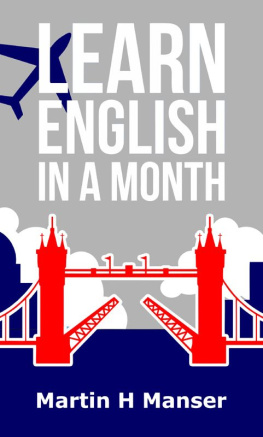

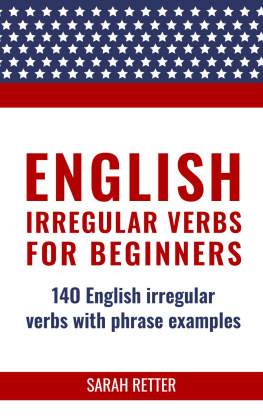


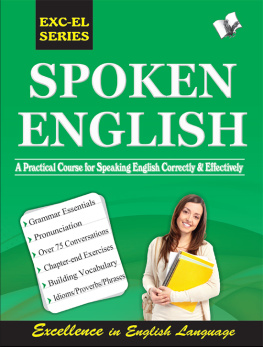
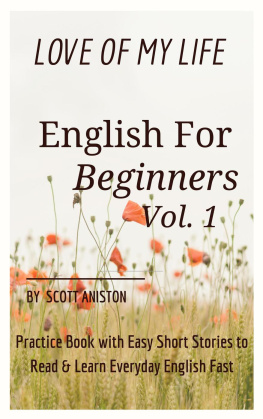
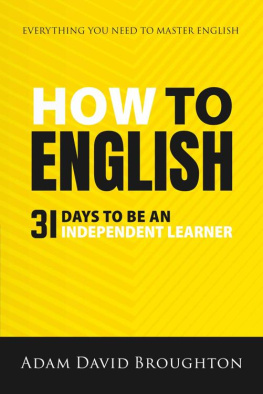
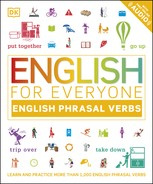
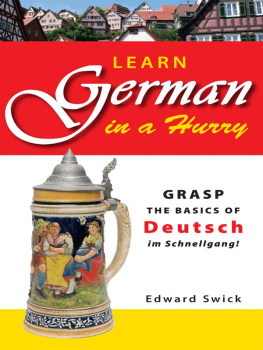
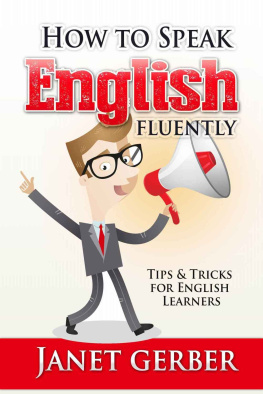
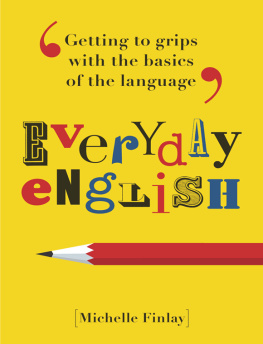

 third
third